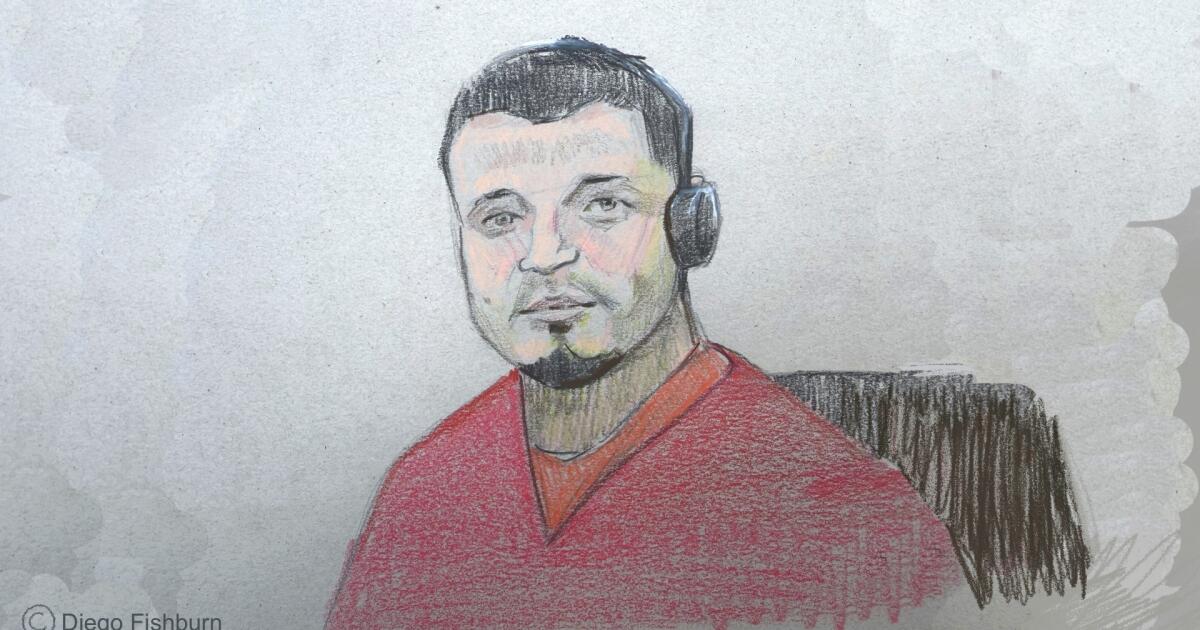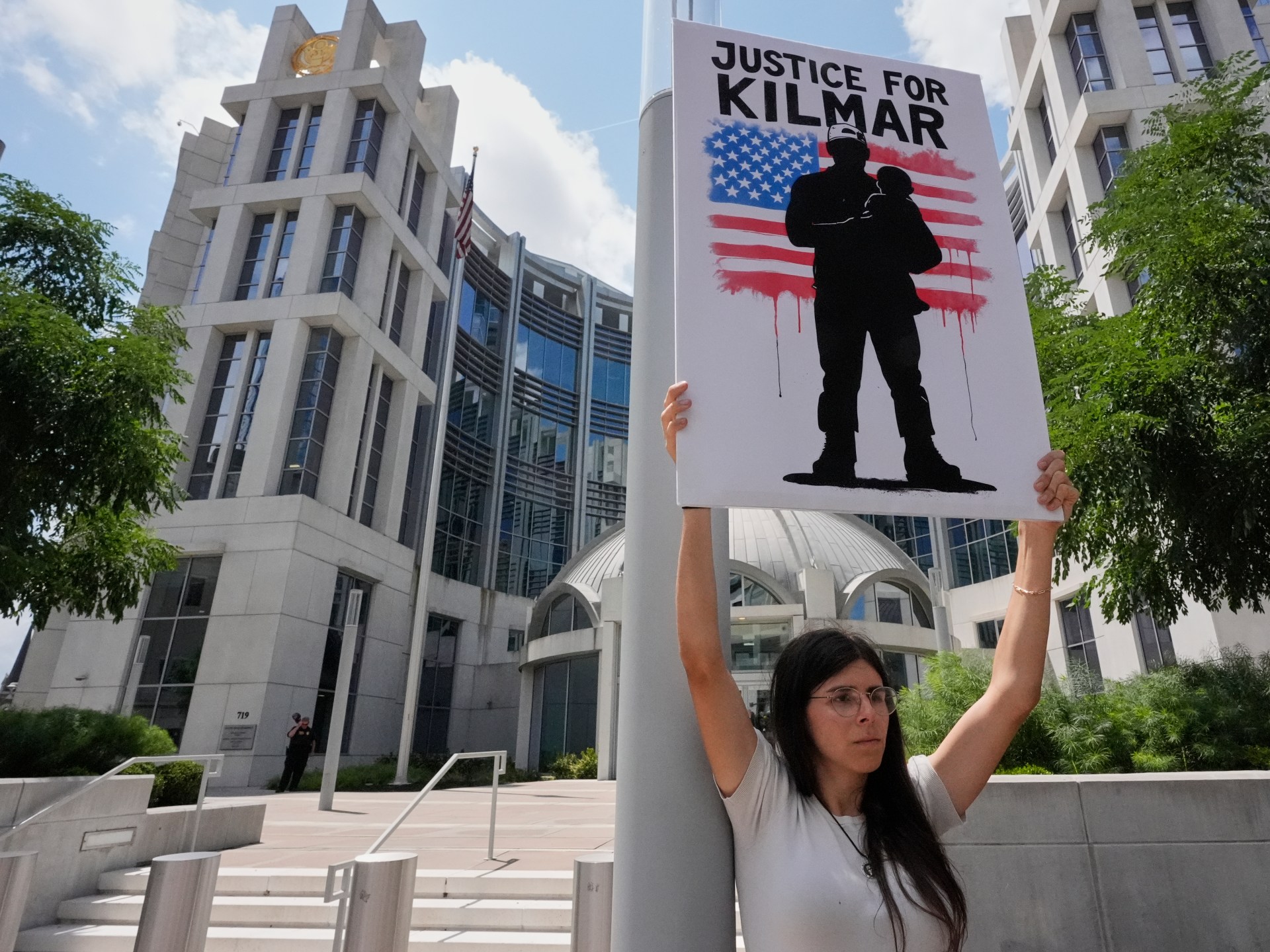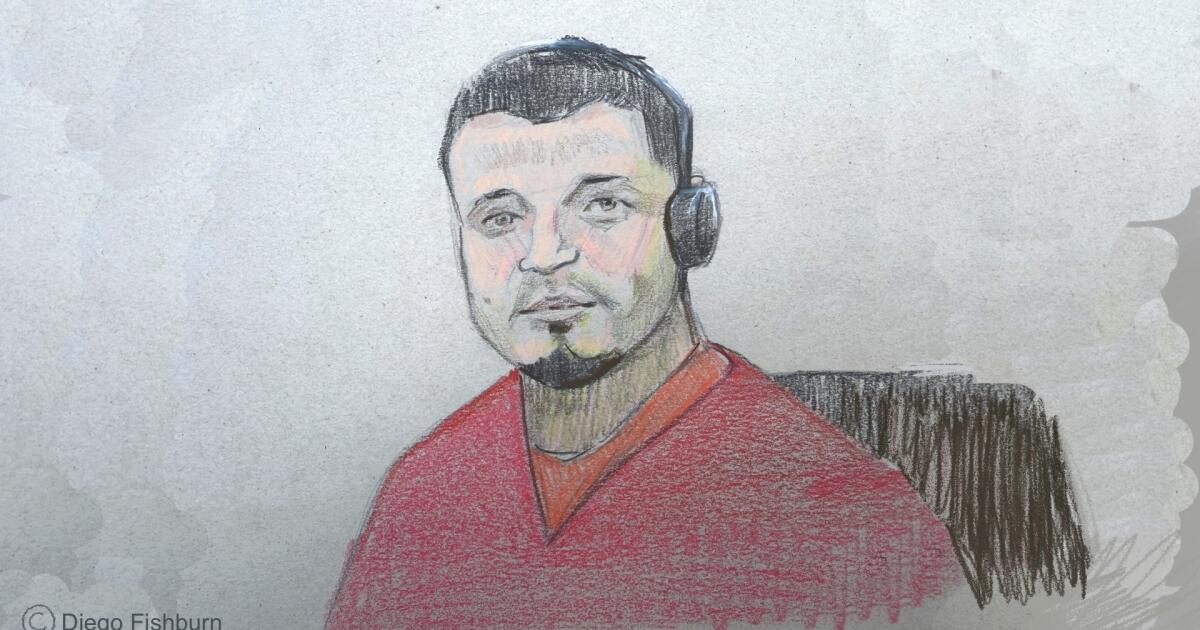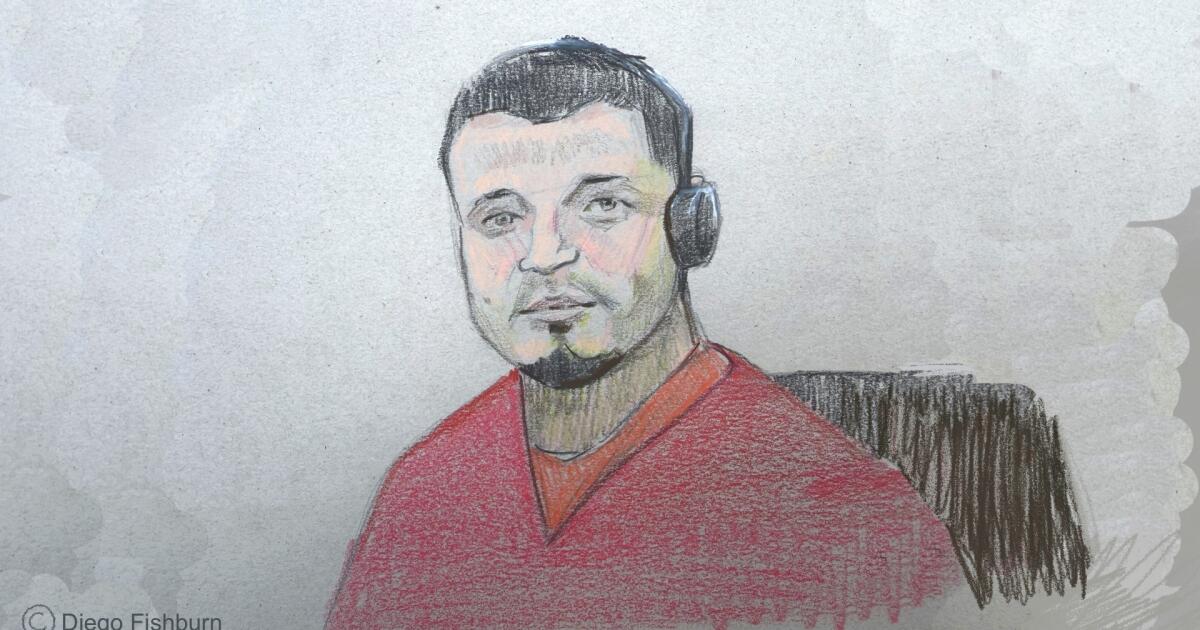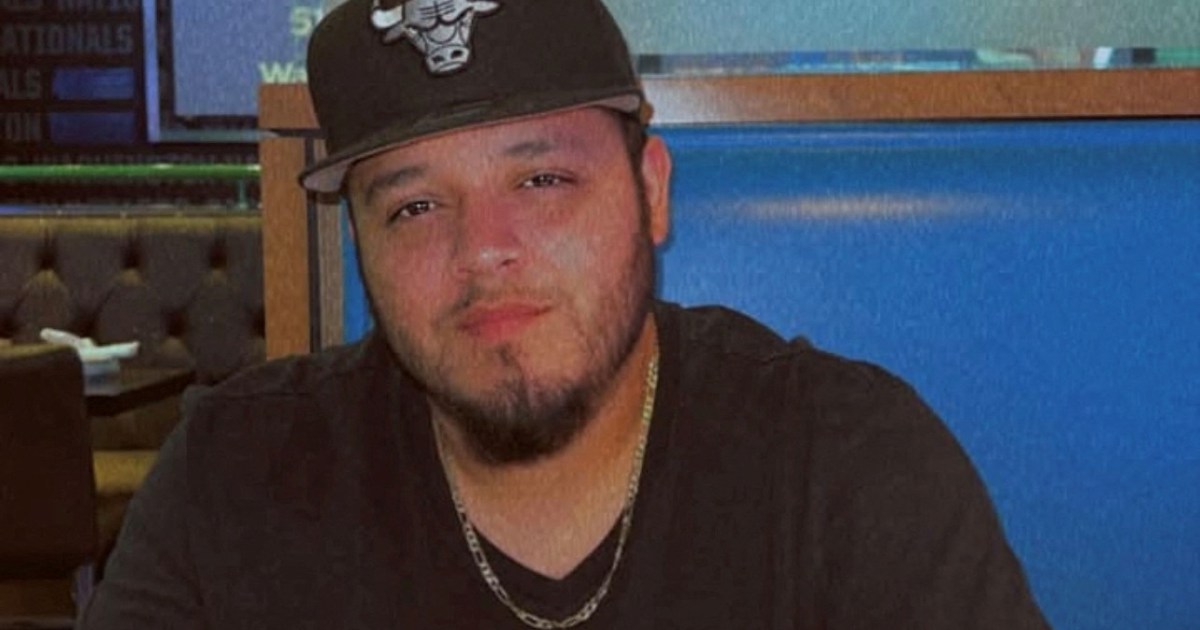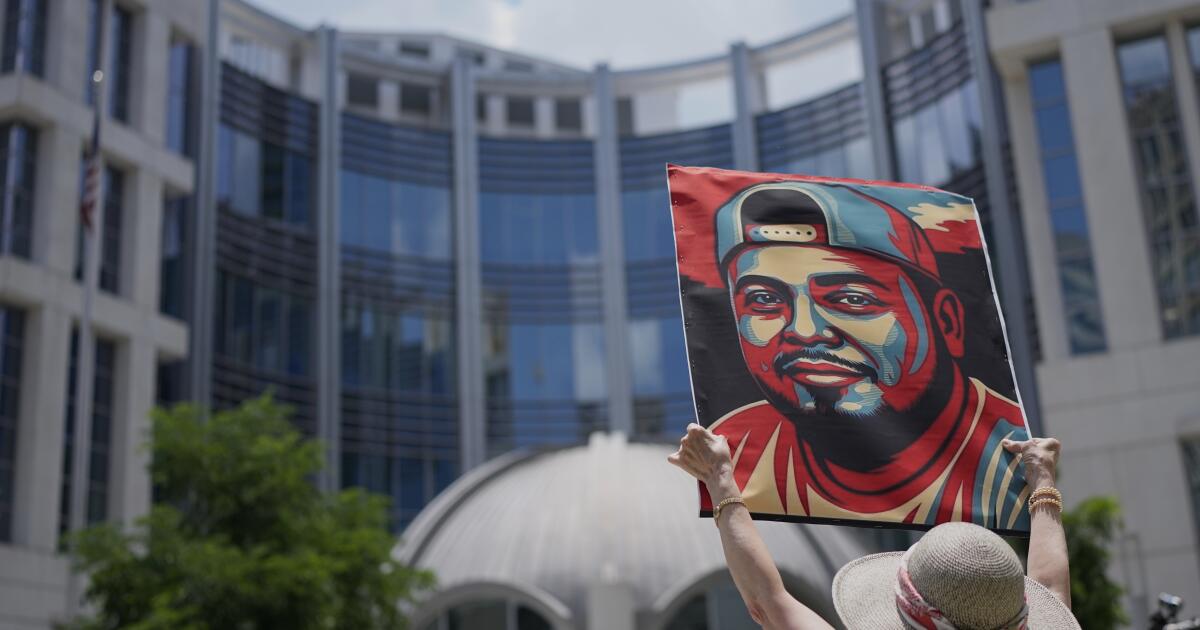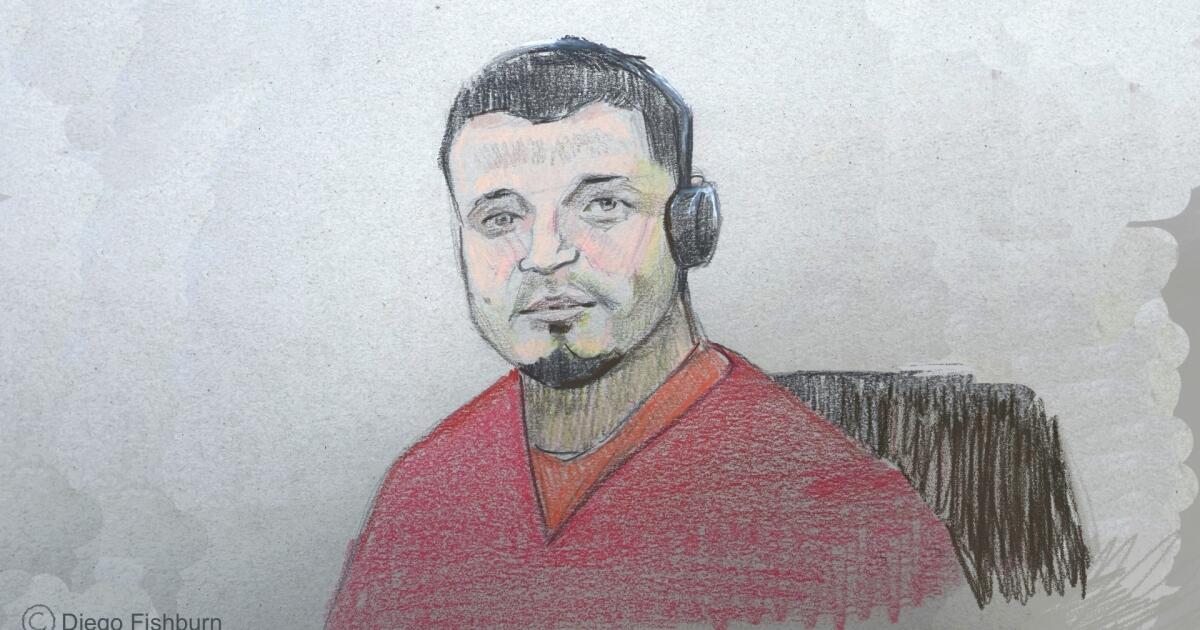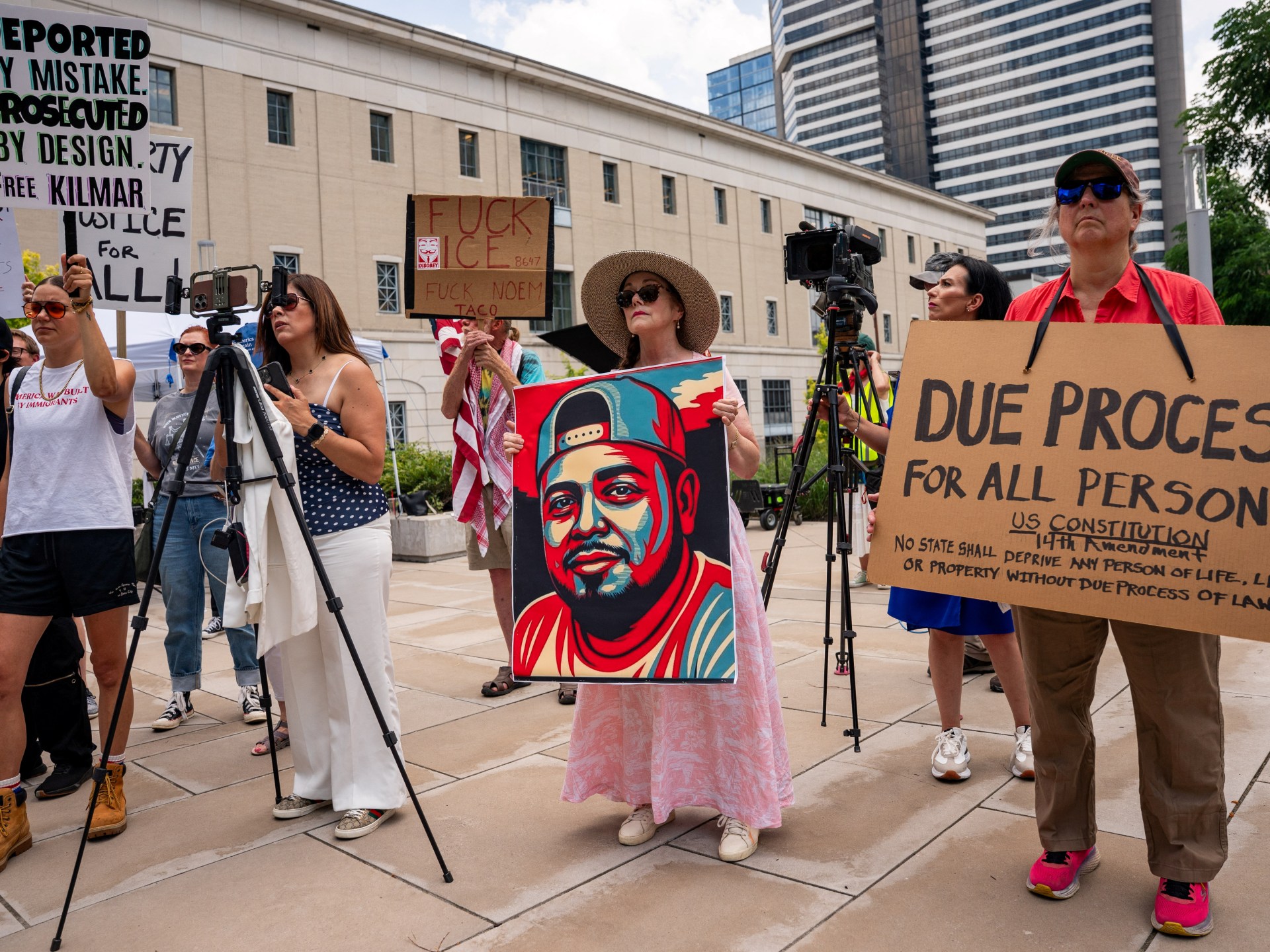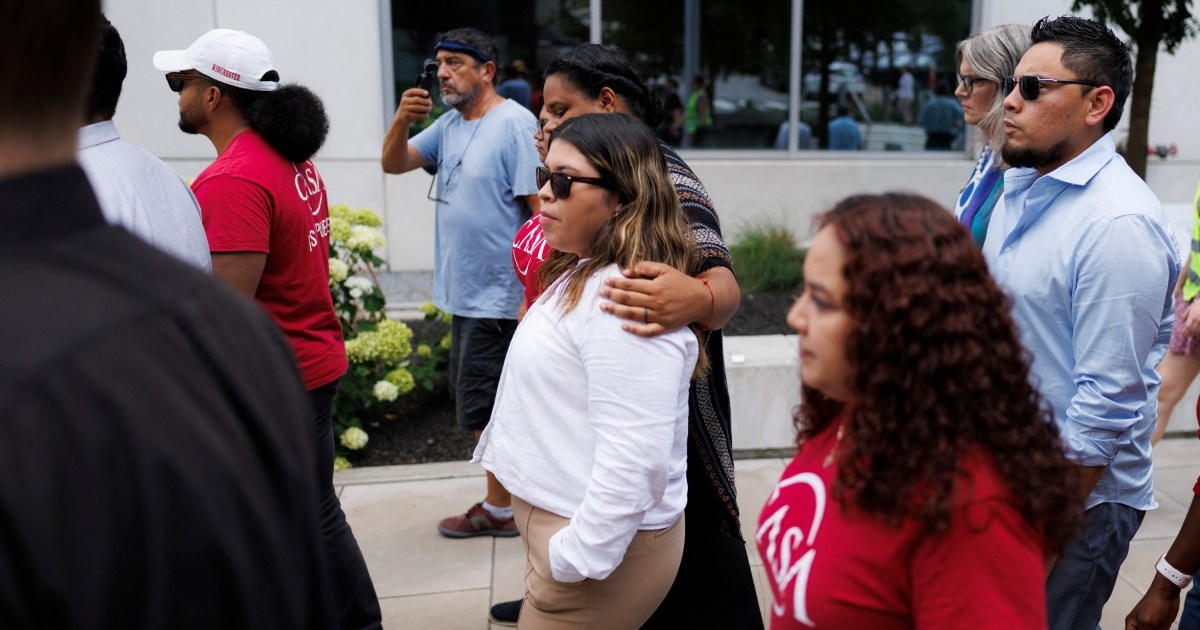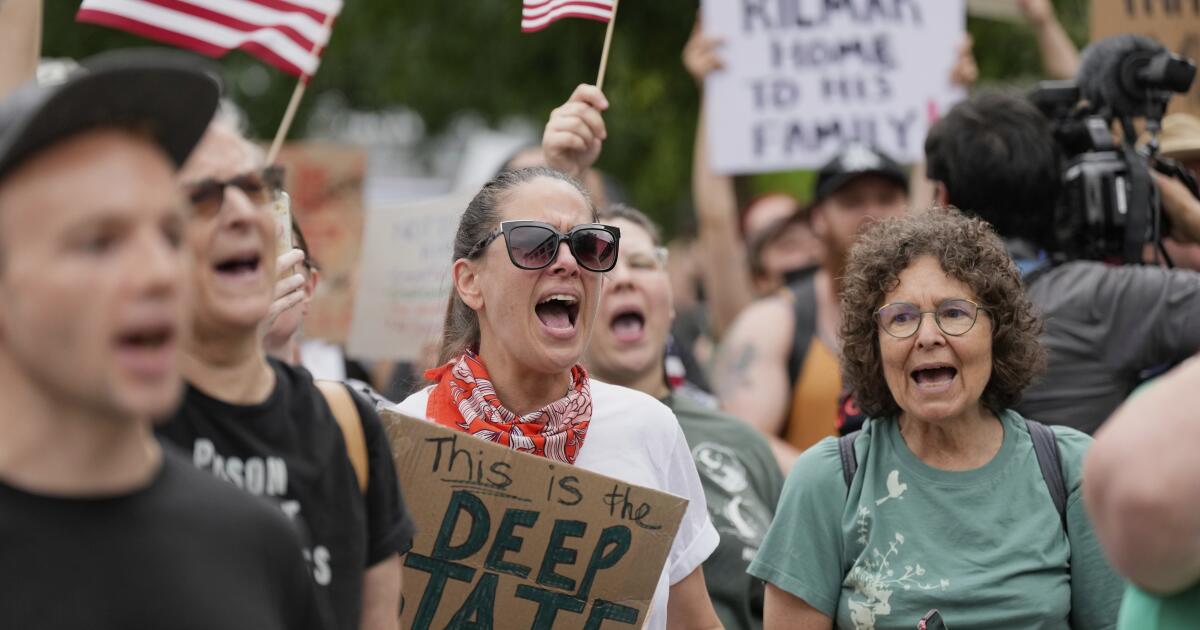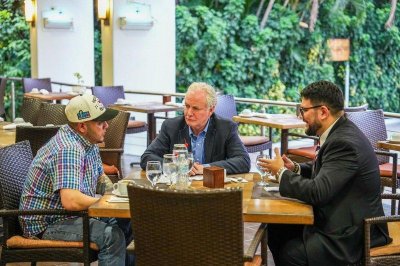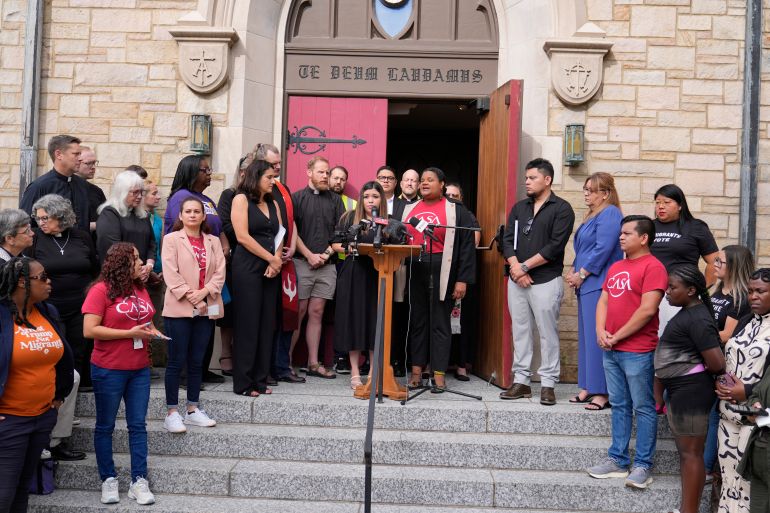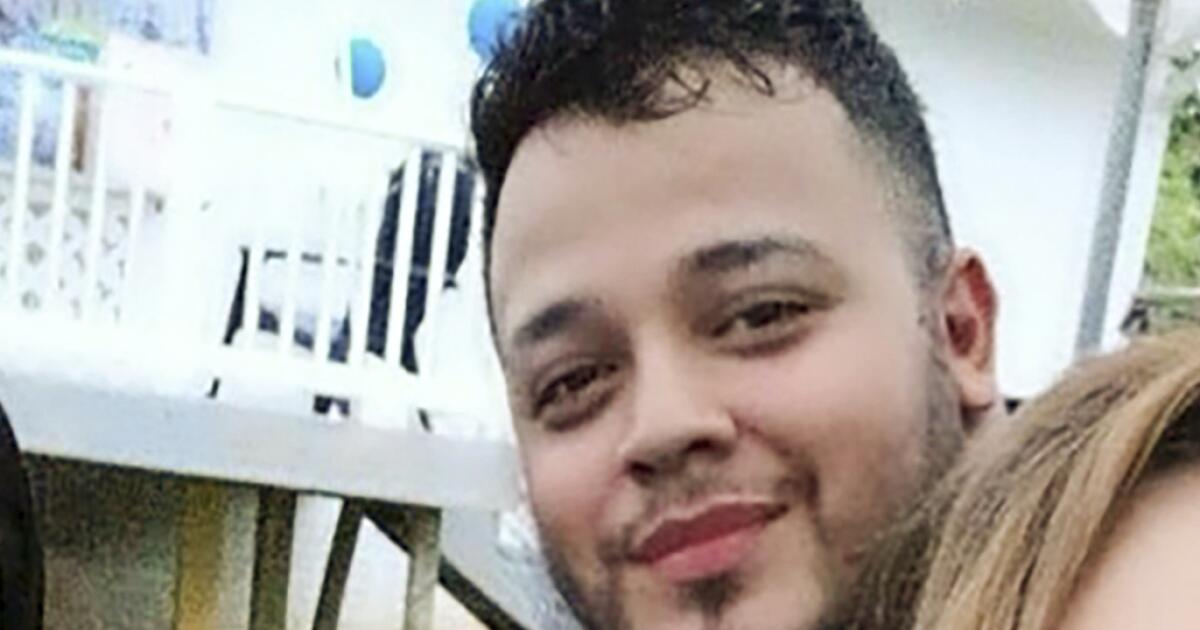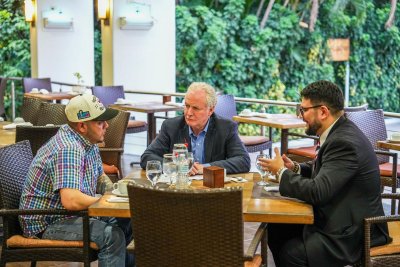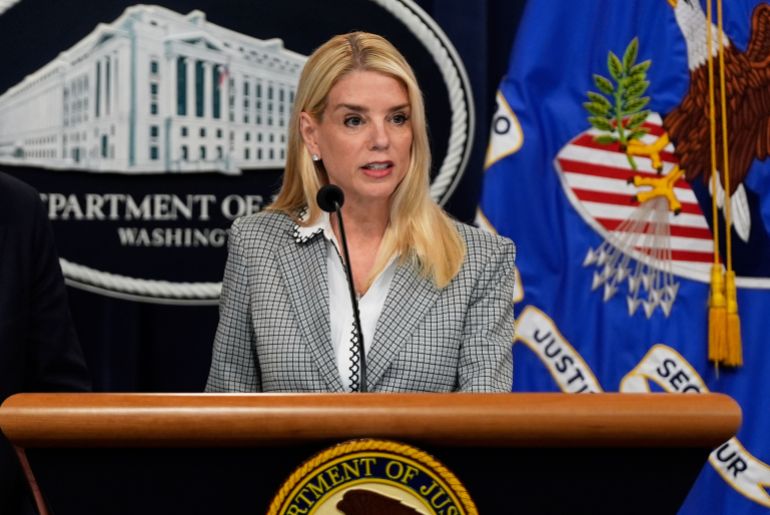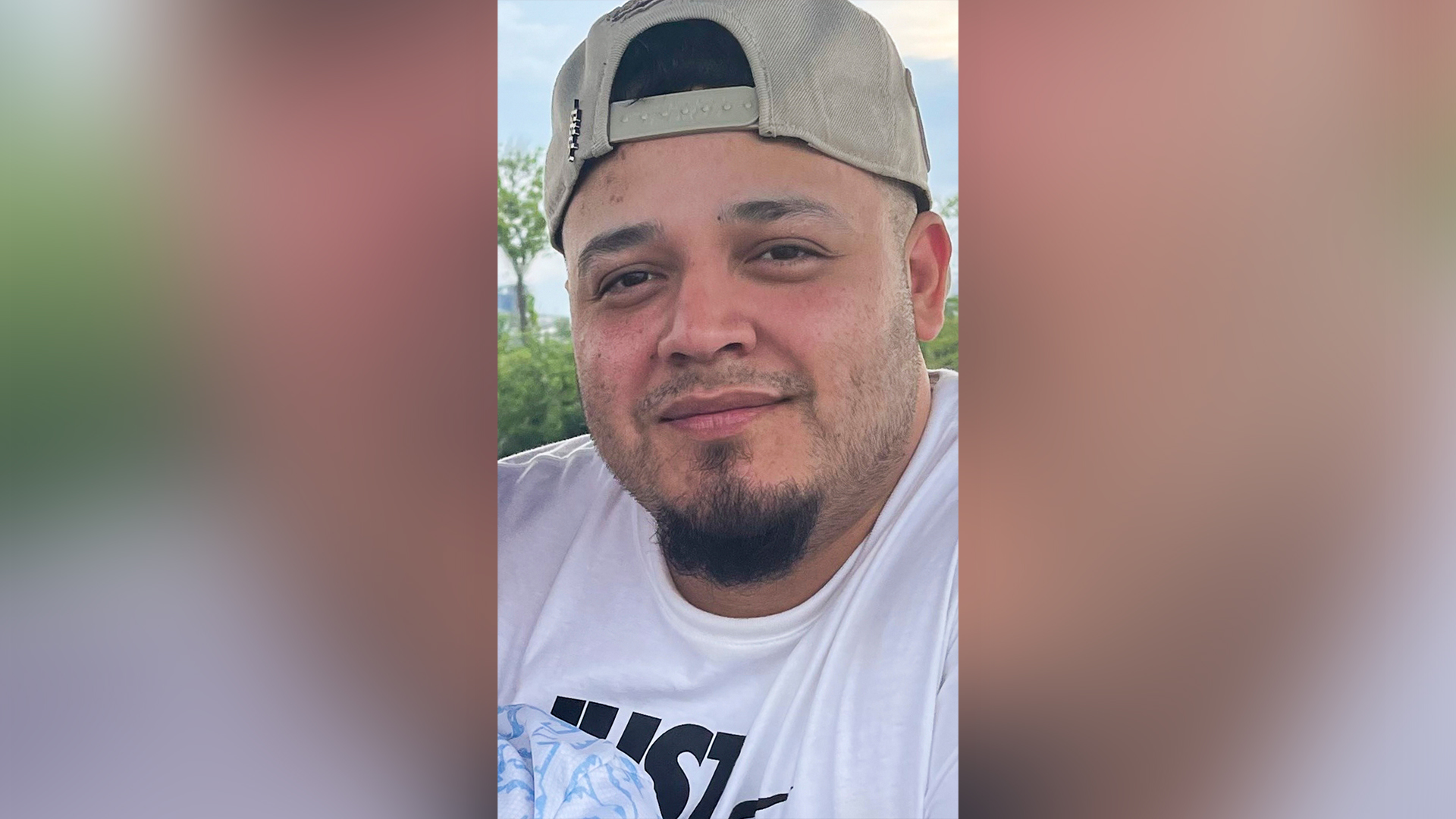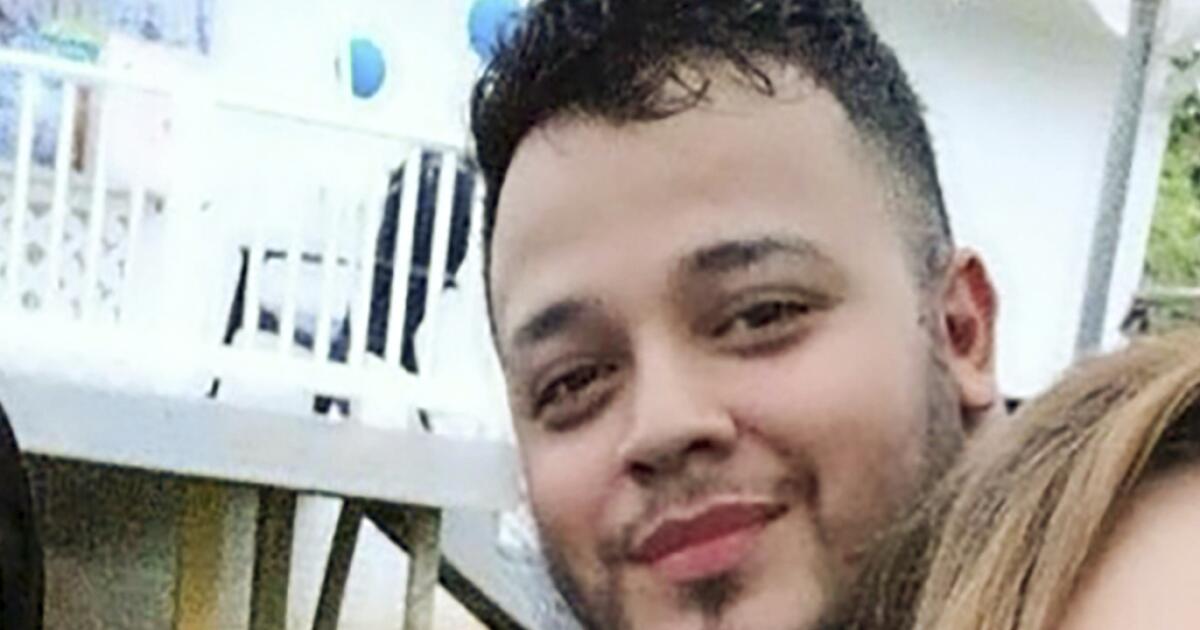June 6 (UPI) — Kilmar Abrego Garcia, the Maryland man mistakenly deported to El Salvador, is back in the United States after being indicted in Tennessee on two federal charges involving migrant smuggling, Attorney General Pam Bondi said Friday.
Bondi said Abrego Garcia, 29, is in the United States to “face justice.”
He made his first court appearance Friday afternoon in Nashville. U.S. Magistrate Judge Barbara Holmes set his arraignment for Wednesday and a hearing on whether he should be detained before the trial.
The Justice Department said in a court filing that he should be held in pretrial custody because “he poses a danger to the community and a serious risk of flight, and no condition or combination of conditions would ensure the safety of the community or his appearance in court.”
On May 21, a grand jury in the Middle District of Tennessee returned an indictment, charging Abrego Garcia with criminal counts of alien smuggling and conspiracy to commit alien smuggling, Bondi said at a news conference.
Abrego Garcia is the only member of the alleged conspiracy indicted.
El Salvador’s President Nayib Bukele was presented with an arrest warrant for him and he agreed to return him to the United States, Bondi said.
“We’re grateful to President Bukele for agreeing to return him to our country to face these very serious charges,” Bondi said.
Bondi said that if Abrego Garcia is convicted of the charges and serves his sentence, he will be deported back to his home country of El Salvador.
“The grand jury found that over the past nine years, Abrego Garcia has played a significant role in an alien smuggling ring,” Bondi said. “They found this was his full-time job, not a contractor. He was a smuggler of humans and children and women. He made over 100 trips, the grand jury found, smuggling people throughout our country.”
President Donald Trump later told reporters that “I don’t want to say that” it was his call to bring him back to the United States.
“He should have never had to be returned. Take a look at what’s happened with it. Take a look at what they found in the grand jury,” the president told reporters aboard Air Force One en route to New Jersey. “I thought Pam Bondi did a great job.”
Ben Schrader, the chief of the criminal division in the office for the Middle District of Tennessee in Nashville, resigned the same week of the grand jury indictment last month, CNN reported. Schrader’s post on LinkedIn does not mention the Abrego Garcia case.
On April 17, Democratic U.S. Sen. Chris Van Hollen met with his constituent in El Salvador.
“After months of ignoring our Constitution, it seems the Trump Admin has relented to our demands for compliance with court orders and due process for Kilmar Abrego Garcia,” Van Hollen posted on X Friday. “This has never been about the man — it’s about his constitutional rights & the rights of all.”
In the indictment unsealed Friday afternoon, Abrego Garcia and others are accused of participating in a conspiracy in which they “knowingly and unlawfully transported thousands of undocumented aliens who had no authorization to be present in the United States, and many of whom were MS-13 members and associates.”
The allegations from 2016 to this year involve a half-dozen alleged unnamed co-conspirators. Abrego Garcia and others worked to move undocumented aliens between Texas and Maryland and other states more than 100 times, according to the indictment.
They “ordinarily picked up the undocumented aliens in the Houston, Texas area after the aliens had unlawfully crossed the Southern border of the United States from Mexico,” the indictment said.
Abrego Garcia and someone referred to a CC-1 “then transported the undocumented aliens from Texas to other parts of the United States to further the aliens’ unlawful presence in the United States.”
To cover up the alleged conspiracy, prosecutors say Abrego Garcia and his co-conspirators “routinely devised and employed knowingly false cover stories to provide to law enforcement if they were stopped during a transport,” including claims that migrants being transported were headed to construction jobs.
In November 2022, Abrego Garcia is accused of driving a Chevrolet Suburban and was pulled over on a Tennessee interstate highway, with nine other Hispanic men without identification or luggage.
Prosecutors allege that Abrego Garcia transported narcotics to Maryland, though he wasn’t previously charged with any crimes.
“For the last 2 months, the media and Democrats have burnt to the ground any last shred of credibility they had left as they glorified Kilmar Abrego Garcia, a known MS13 gang member, human trafficker, and serial domestic abuser,” Department of Homeland Security Secretary Kristi Noem said in a statement on X. “Justice awaits this Salvadoran man.”
Abrego Garcia and his family have denied allegations that he’s an MS-13 member, and he fled gang violence in El Salvador.
Simon Sandoval-Moshenberg, an attorney for Abrego Garcia, said his client should appear in immigration court, not criminal court.
“The government disappeared Kilmar to a foreign prison in violation of a court order,” Sandoval-Moshenberg Now told CNN. “Now, after months of delay and secrecy, they’re bringing him back, not to correct their error but to prosecute him. This shows that they were playing games with the court all along. Due process means the chance to defend yourself before you’re punished, not after. This is an abuse of power, not justice.”
Abrego Garcia deported in March
Abrego Garcia was living in Maryland since he arrived in the United States in 2011 unlawfully.
The government earlier, through a confidential informant, said his clothes had alleged gang markings when he was arrested in 2019.
Abrego Garcia was living with his wife, Jennifer Vasquez Sura, and children when he was arrested in March and deported to El Salvador to the maximum-security Terrorism Confinement Center, known as CECOT. He was with a group of more than 230 men, mostly Venezuelans, accused of being gang members.
In April, the State Department said Abrego Garcia was moved to a lower-security facility in Santa Ana.
The Trump administration has acknowledged that Abrego Garcia’s deportation was a mistake because he had been granted a legal status in 2019. The Department of Homeland Security is banned from removing him to his home country of El Salvador because he was likely to face persecution by local gangs. He didn’t have a hearing before his deportation.
The government has utilized the Alien Enemies Act, a 1798 wartime immigration law, to quickly deport migrants from the United States.
In an April hearing, District Judge Paula Xinis in Maryland ordered the Trump administration to comply with expedited discovery to determine whether they were complying with the directive to return Abrego Garcia to the United States, which was upheld by the Supreme Court earlier this year. The high court and district judge said the Trump administration must “facilitate” his return for due process.
On Wednesday, Xinis ordered seven documents to be unsealed in the deportation.
Trump criticized judges for interfering in cases.
“Frankly, we have to do something, because the judges are trying to take the place of a president that won in a landslide,” Trump said Friday night. “And that’s not supposed to be the way it is. So I could see bringing him back … he’s a bad guy.”
The criminal charges could impact his immigration case, John Sandweg, a former acting director of U.S. Immigration and Customs Enforcement, told CNN.
“I think what we’re going to see is on the back end of this criminal prosecution — now that they’re prosecuting him for these immigration-related offenses — if they get a conviction, they will go back to the immigration court and argue that now there are those changed circumstances,” said Sandweg, who is now a partner at law firm Nixon Peabody.
